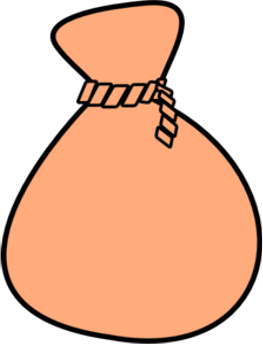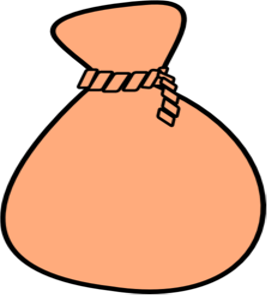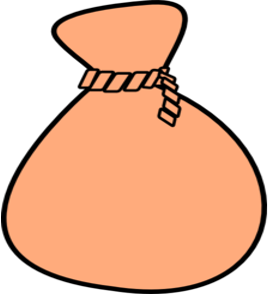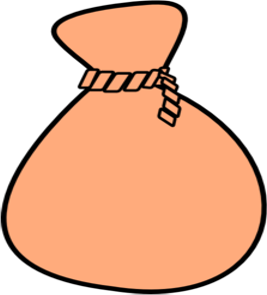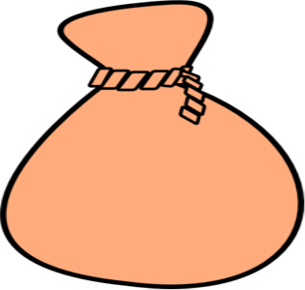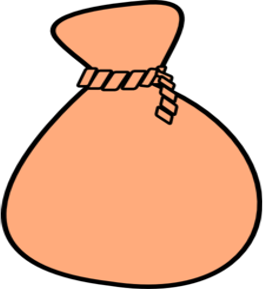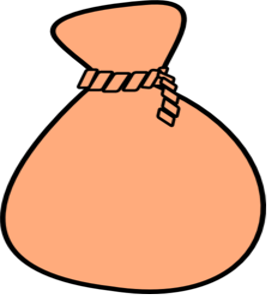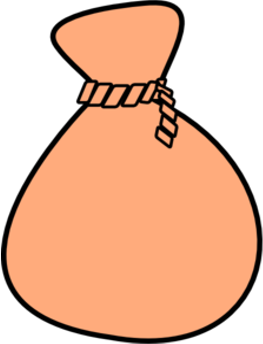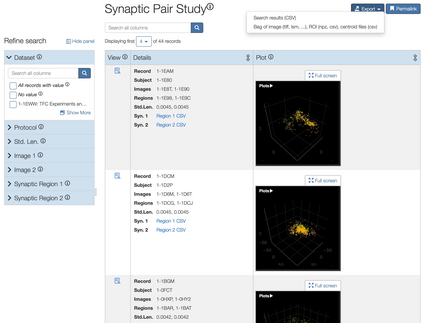Despite much creative work on methods and tools, reproducibility -- the ability to repeat the computational steps used to obtain a research result -- remains elusive. One reason for these difficulties is that extant tools for capturing research processes do not align well with the rich working practices of scientists. We advocate here for simple mechanisms that can be integrated easily with current work practices to capture basic information about every data product consumed or produced in a project. We argue that by thus extending the scope of findable, accessible, interoperable, and reusable (FAIR) data in both time and space to enable the creation of a continuous chain of continuous and ubiquitous FAIRness linkages (CUF-Links) from inputs to outputs, such mechanisms can provide a strong foundation for documenting the provenance linkages that are essential to reproducible research. We give examples of mechanisms that can achieve these goals, and review how they have been applied in practice.
翻译:尽管在方法和工具方面做了许多创造性的工作,但复制 -- -- 重复用于获得研究成果的计算步骤的能力 -- -- 仍然难以实现,造成这些困难的一个原因是,现有的收集研究过程的工具与科学家丰富的工作实践不协调。我们在这里主张建立简单机制,可以很容易地与当前工作实践相结合,以获取关于一个项目所消费或产生的每一种数据产品的基本信息。我们争辩说,通过在时间和空间上扩大可找到、可获取、可互操作和可再使用(FAIR)数据的范围,以便能够从投入到产出建立连续不断和无处不在的公平关系链条(CUF-Links),这种机制可以为记录对再生研究至关重要的原始联系奠定坚实的基础。我们举例说明能够实现这些目标的机制,并审查它们在实践中是如何应用的。
相关内容
Source: Apple - iOS 8


